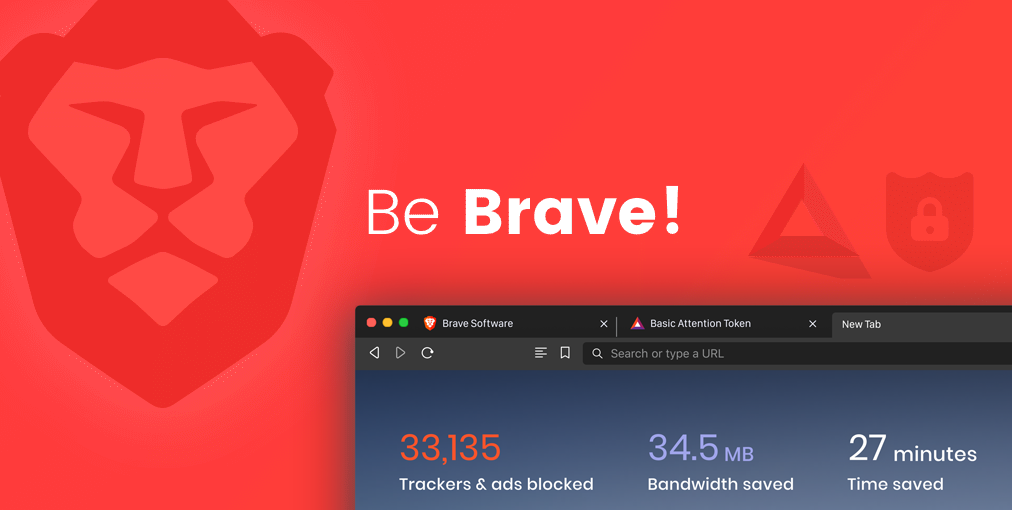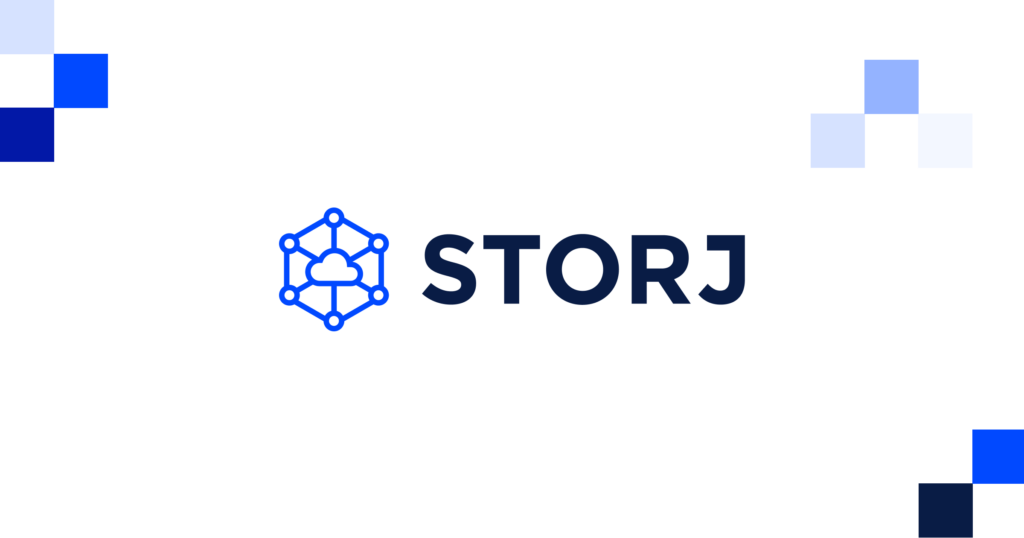
Social networks and Web3 have intriguing connections in their history. Almost all Internet users worldwide use social networks for their own pleasure and not only. Web 2.0 reflects the second evolution of the Internet and is the most used social platform. This rapid decline came with the introduction of Web 3.0.
The web development service has evolved from Web 2.0 but is still in its infancy. It has previously been demonstrated that such products will be extremely beneficial to consumers. So how do you choose the best of the best Web3 social media platforms in 2023? Read on to find out more!
Web 2.0 and Web 3.0 social networking sites are the two most popular platforms for web-based communication today. While web2 networks like Twitter, Facebook, LinkedIn, etc., have been around since the early 2000s, web3 is a more recent concept that has gained traction over the last few years.
The main difference between web2 and web3 social media platforms lies in their structure – web2 networks are centralized while web3 ones are decentralized. This means that users of web3 networks enjoy greater control over their data and content as well as increased security due to its distributed architecture.
Additionally, these platforms often offer enhanced features, such as support for smart contracts and other blockchain-powered protocols, which enable users to create unique experiences within their communities. As we move into 2023, it’s clear that Web 3.0 will continue to gain momentum as people become increasingly aware of its benefits compared to traditional social media sites. When looking for the best web3 social media platforms, also consider thinking about traditional social media platforms, social media users, decentralized social networks, Internet freedom, free speech, online network, and much more.
Web 3.0 is quickly gaining momentum, and web 3.0 examples are becoming increasingly common in the social media space.
Web 3.0 apps, games, and platforms are expanding the web experience with enhanced features such as decentralized data storage, improved security, and smart contracts. Here are some of the popular web3 platforms that you should check out for 2023:
Brave Browser is an open-source web browser developed by Mozilla co-founder and CEO Brendan Eich. It uses a blockchain-based system to reward users who view ads with tokens called Basic Attention Tokens (BAT).
The Brave browser also has native support for Ethereum apps and web wallets, making it an ideal choice for users who want to access web3 applications securely and efficiently.

Decentraland is a virtual world platform built on the Ethereum network. It allows users to create their own virtual reality experiences by buying land parcels and building whatever they wish within the game’s boundaries.
This can include gaming areas, shops, galleries, parks – anything imaginable! Decentraland offers a secure user environment without any centralized control or censorship from external entities.
Storj is a distributed cloud storage platform that leverages blockchain technology to provide secure data storage solutions at competitive prices. The platform eliminates any centralized control over users’ data by enabling peer-to-peer file sharing across multiple nodes instead of relying on one central server for file hosting. With Storj’s decentralization model comes improved security since no single entity can ever gain access to user data stored across multiple nodes simultaneously.

StepN is a fitness app similar to other activity-tracking apps like Strava that keep a record of the distance you’ve covered during a given exercise session. But with StepN, users can earn crypto while doing so.
ySign is another decentralized application that enables users to communicate securely over the Internet using end-to-end encryption algorithms that guarantee privacy while they chat with friends or colleagues in real-time.
Unlike many other web 3.0 apps, however, ySign employs a unique ‘multi-signature process’ which ensures even greater levels of security when it comes to user data privacy since messages can only be decrypted after having been signed off on by all parties involved in a conversation simultaneously before being sent through the network safely!

Decentralized social media networks are web3-based platforms that operate without a central authority. They are peer-to-peer systems and allow users to interact directly with each other in a secure and transparent manner. Unlike traditional web2 social media, these networks offer more control over user data, privacy, content creation, monetization of content and censorship resistance.
Decentralized social media offers advantages such as better security, improved data ownership models and greater user transparency. Furthermore, they can help reduce the influence of large corporations by providing an alternative platform for online interaction between individuals or groups.
Web3-native social media platforms are web3-based applications that enable users to interact socially without relying on centralized control. These Web 3.0 social media platforms offer many advantages over web2 platforms, such as increased security, data ownership, better monetization of content and censorship resistance. Check out some of them:
Mirror is a web3 publishing platform that focuses on user privacy and decentralization. It allows users to create and share their own content while also allowing them to control their work’s monetization.
Mirror provides a variety of tools for its users, including an editor, reader view, social media integration and wallet support. Users can also easily deploy web3 applications directly onto their site via the Mirror Dashboard.
MINDS is an open-source social network built on top of Ethereum. The platform allows users to connect with each other safely and securely while being rewarded in cryptocurrency every time they post or comment.
MINDS has a wide range of features, including private messaging, group chatrooms, live streams and more. The platform also offers incentivized curation, where creators are rewarded for creating quality content through upvotes from other users.
Lens Protocol is a web3-native decentralized application (DApp) that enables users to securely store and share personal data across multiple networks without centralized control or censorship from external entities.
It utilizes blockchain technology to store user data using encryption techniques that ensure maximum protection and privacy for all its users. Lens Protocol also supports web3 wallets such as Metamask, allowing users to easily access their digital assets without relying on web2 services like PayPal or bank accounts.
DiamondApp is another web3-native social platform developed by Diamond Labs Inc., which is a subsidiary of Consensys Ventures LLC (a venture capital firm specializing in investing in blockchain projects).
DiamondApp offers many features such as private conversations, group chats, secure payments via cryptocurrencies, account management tools and more – all within the comfort of one’s own device!
Mastodon is an open-source, decentralized social network based on ActivityPub protocol which makes it interoperable with most existing web2 social networking services such as Twitter or Facebook.
Mastodon allows its users to create their own independent instances – meaning anyone can launch their own version of Mastodon without being required to join the main server cluster – thus providing complete autonomy over content creation and moderation rules within these individual instances while still allowing communication between different instances via federation protocols like ActivityPub and OStatus protocols used by many large web2 social networks today!
Audius is another web 3.0 native decentralized music streaming platform that aims at creating an ecosystem where artists can have full control over their content’s distribution while still enabling them to earn royalties from streaming plays made by listeners worldwide!
Audius offers various features such as private collections – allowing artists to keep track of who’s listening/streaming their tracks; real-time analytics – showing detailed stats about how well songs are performing; smart contracts – facilitating frictionless payments between fans & musicians.
And even Ethereum integration which helps reduce transaction costs associated with micropayments usually required when using web2 systems like PayPal or Apple Pay. All these features make Audius stand out from traditional web2 music streaming platforms today.
Web3 social media platforms offer a wealth of features and advantages that web2 services simply cannot provide, such as increased autonomy over content creation and moderation rules, secure payments via cryptocurrency, real-time analytics, smart contracts for frictionless payments between fans and musicians, etc.
Platforms like Mirror, MINDS, Lens Protocol, DiamondApp, Mastodon and Audius are just some examples of the many web3 social media solutions out there today – all offering unique benefits to their users. As web3 technology continues to evolve in the coming years, we can only expect these types of platforms to become even more popular among online audiences worldwide.
Would you like to start investing in the most impactful crypto gaming, NFT and metaverse projects with GamesPad? Learn how in this comprehensive tutorial!
Disclaimer. This material should not be construed as a basis for making investment decisions or as a recommendation to participate in investment transactions. Trading digital assets may involve significant risks and can result in the loss of invested capital. Therefore, you must ensure that you fully understand the risk involved, consider your level of experience, investment objectives, and seek independent financial advice if necessary.